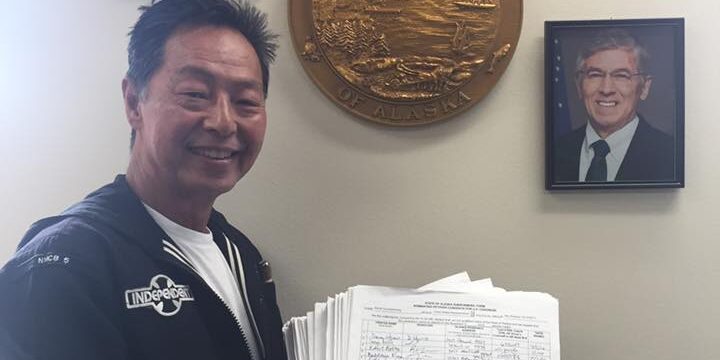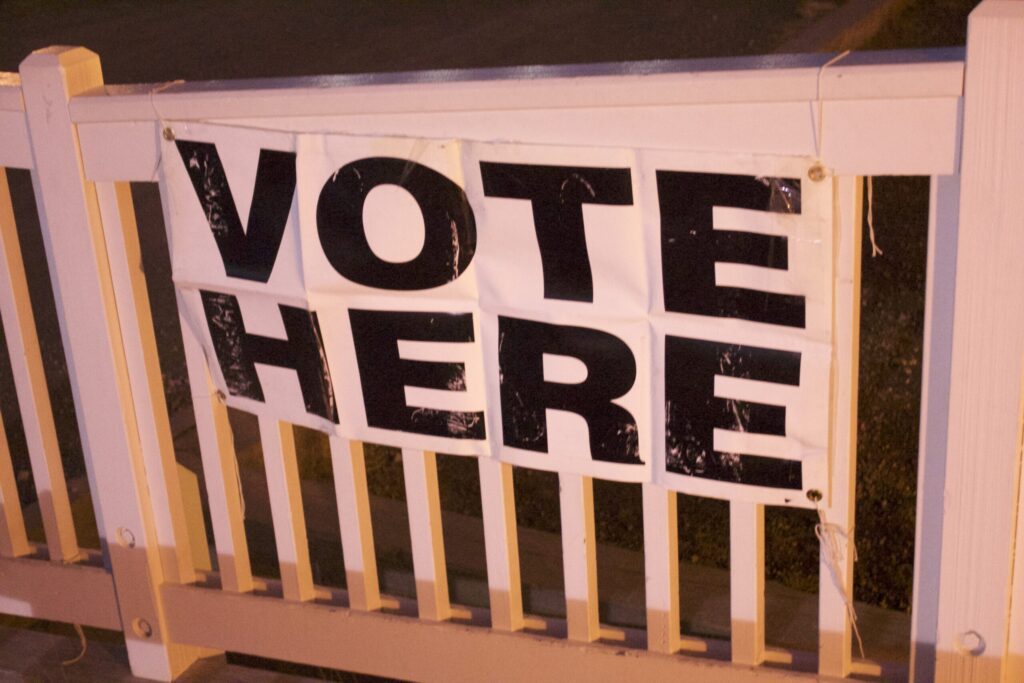KNOM SPOKE TO EACH of the four candidates running for Alaska’s sole seat in the US House of Representatives. This interview profiles Bernie Souphanavong, independent candidate.
The paragraphs below summarize statements made by Mr. Souphanavong during his conversation with KNOM. Profiles of his opponents are also available: Don Young (incumbent), Jim McDermott, and Steve Lindbeck.
Background: After finishing college at Loyola University in the 1970s, one of Bernie Souphanavong’s first jobs was a position working for the regional native corporation NANA in Kotzebue. He moved to Anchorage and began working for the Alaska Federation of Natives (AFN). Then, he decided to work for himself in 1980 and has been self-employed, running his own businesses, for the last thirty years.
Why Run for Congress?: For Souphanavong, he says the timing was right in his life to run for Congress. He recalls feeling interested in sharing his political views with others after national attention was given to the immigrant/refugee crisis that was happening in Europe back in November 2015. He says that issue stirred his motivation to get more involved. Then, he spoke to other people who supported him and his political views, which are more in line with independents, rather than just conservatives.
Education: Souphanavong emphasizes the importance of early education and developing skill training, apprenticeship type of programs, in order to give students skills they can use for the rest of their lives.
Reaction to State Budget/Economy: Souphanavong believes that Alaska has become reliant on a single income source, oil, and that needs to change. His reaction to the state budget situation, and the decision to cut Alaskan’s PFD in half, was that he believes the administration and legislature did not do their jobs well enough to be fiscally responsible.
Rural Alaska/Arctic Issues: Souphanavong acknowledges that climate change has been happening for a long time and has slowly led to the current state of the Arctic. He believes that in order to take serious action to protect Alaska coastal communities from coastal erosion, Congress must adopt a national policy that involves the necessary funding needed to help “safeguard” those whose homes are currently threatened.
Energy/Oil: Souphanavong says that we should take notes from Iceland’s work with Geothermal energy. Developing other resources for energy sources will always be a problem for Alaska, Souphanavong says, because access to Federal lands is controlled by Congress. He says that Native Corporations have the best chance of developing other resources, such as Red Dog Mine, for example.
Opioids/Drugs: Souphanavong would approach this issue with a two-part solution. He says the first part is to view addiction as a health issue and not a crime, that would allow for health delivery systems to help those dealing with addictions better. Then, he says, we must make sure people are educated about the danger of drug misuse, including misuse of prescription drugs.
Final Thoughts: Souphanavong hopes more people from all over the state who care about different issues would get involved in the government. He acknowledges people can protest, but he says there should be an end game, and for him, that is getting a position in the government.







